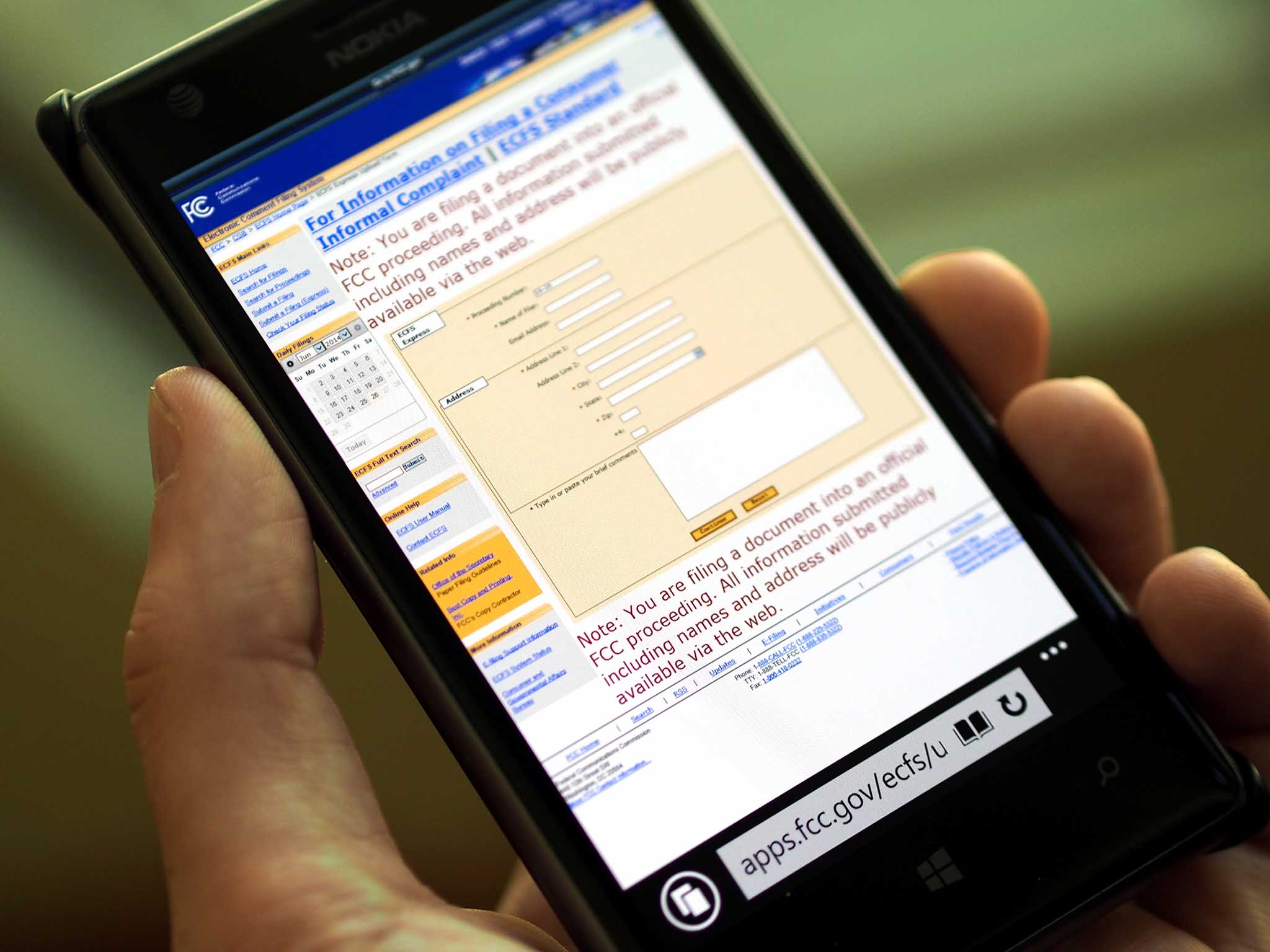Crushed by a stampede of petitioners, the FCC extends net neutrality comment period

All the latest news, reviews, and guides for Windows and Xbox diehards.
You are now subscribed
Your newsletter sign-up was successful
Crushed by a flood of commenters, the FCC has extended the open comment period for their Open Internet proceedings until Friday. When we wrote about the importance of net neutrality back in May, the FCC had opened the door for open comment, and that window was due to close today. But after having been smashed yesterday and today by people like you registering their thoughts with the FCC about how best to address net neutrality, the FCC has extended that window to Friday.
You can submit your comments to the FCC at fcc.gov (if you can get it to load), or simply by emailing openinternet@fcc.gov
Source: FCC
All the latest news, reviews, and guides for Windows and Xbox diehards.

Derek Kessler is a Former Special Projects Manager for Mobile Nations. He's been writing about tech since 2009, has far more phones than is considered humane, still carries a torch for Palm, and got a Tesla because it was the biggest gadget he could find. You can follow him on Twitter at @derekakessler.
